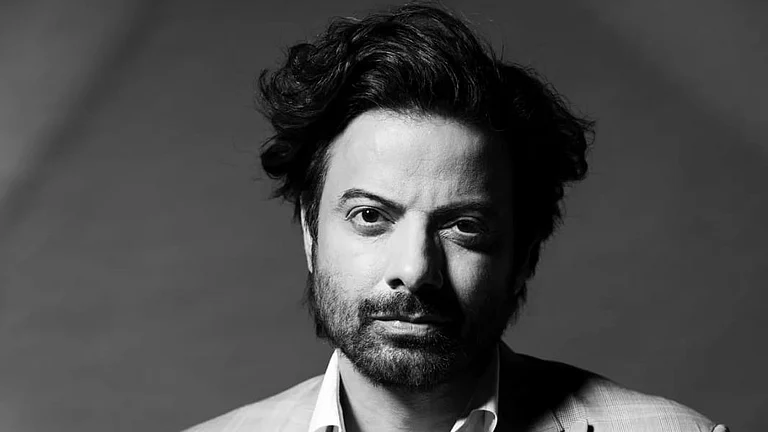Prime Minister Narendra Modi will inaugurate on Saturday a Joint Conference of Chief Ministers and Chief Justices of High Courts in presence of Chief Justice of India N V Ramana, an event which is being held after a gap of six years.
The conference is a platform to discuss challenges being faced by the judiciary. A proposal of CJI Ramana to develop infrastructure facilities in courts has been made part of the agenda of the conference.
The other items which top the agenda are filling judicial vacancies, reduction of pendency of cases, legal aid services and future road map and envisioning of e-courts phase-three, sources aware of the development said. CJI Ramana and Union Law Minister Kiren Rijiju will also address the inaugural session of the day-long event.
After the inauguration of the conference, various working sessions will be held where the chief ministers and the chief justices will discuss the agenda items and try to reach a consensus. Usually such conferences are held every two years but there have been exceptions. While the last conference was held in April 2016, the one before it was held in 2015. Before that, the conference was held in 2013.
A few months ago, CJI Ramana had sent a proposal to the government to set up a National Judicial Infrastructure Authority of India (NJIAI) to ensure adequate infrastructure for courts. The proposed organisation will act as a central body in laying down the road map for planning, creation, development, maintenance, and management of functional infrastructure for the Indian court system.
According to the proposal, there will be a governing body with the Chief Justice of India as patron-in-chief. The other salient features of the proposal are that the NJIAI will act as a central body in laying down the road map for planning, creation, development, maintenance and management of functional infrastructure for the Indian court system, besides identical structures under all the 25 high courts.
The government had recently informed Parliament that the proposal has been sent to states for their comments as the state governments are key players in developing infrastructure for high courts and the lower judiciary.
-With PTI Input


























